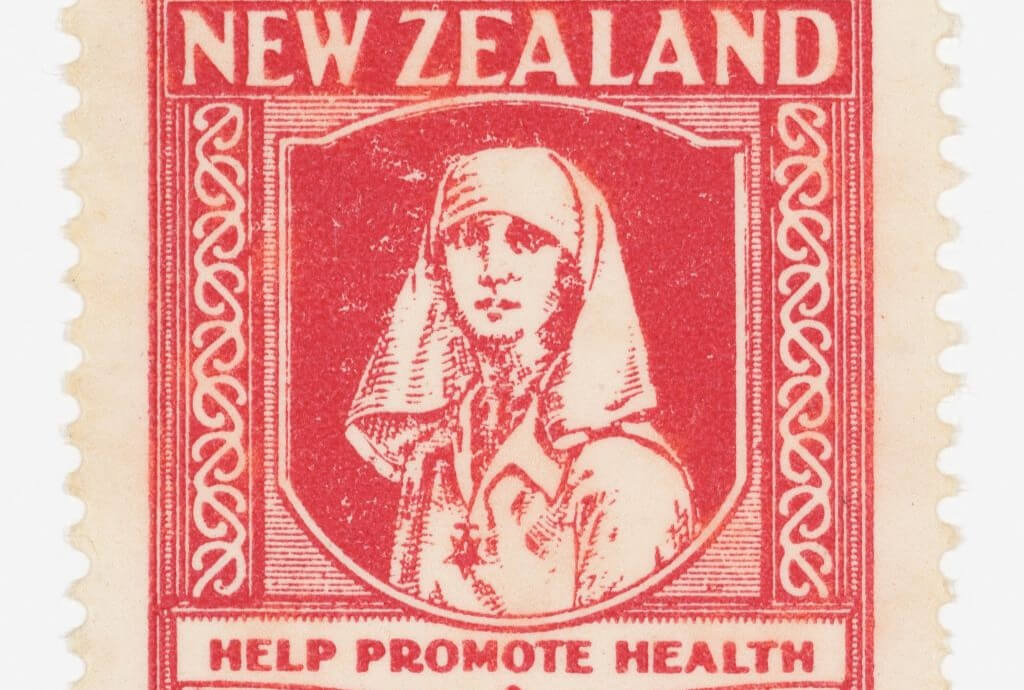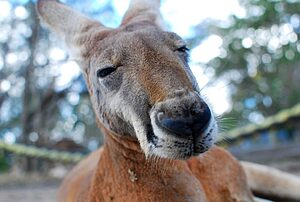Summarised by Centrist
President Donald Trump has announced plans to impose a 100% tariff on films produced outside the United States, arguing foreign subsidies are drawing productions away from Hollywood and threatening national security.
The move, posted on Trump’s Truth Social account, is framed as an attempt to revive America’s flagging film industry, which he claims is being “destroyed” by offshore production.
New Zealand and other countries that offer film subsidies could be directly affected. With US film productions generating over $1 billion annually in New Zealand, the tariff proposal has raised alarms across the local screen sector. Prime Minister Christopher Luxon and officials say it’s too early to predict the impact but they are already engaging with international partners.
While New Zealand’s $3.5 billion screen industry relies heavily on US productions, the specifics of how a tariff would apply to international co-productions or films shot partly in the US remain unclear. Trump contends the outflow of production is part of a “coordinated” effort by foreign governments, and likens it to economic sabotage.
The NZ Film Commission and Screen Production and Development Association have called the situation “evolving,” noting that NZ’s 20% production rebate is a long-standing draw for Hollywood. Major films like Deadpool and Wolverine, Avatar: Fire and Ash, and The Minecraft Movie have all recently filmed in New Zealand.
Trade Minister Todd McClay and Labour leader Chris Hipkins both expressed concern, with Hipkins calling the move “disastrous” for New Zealand’s economy.
Editor’s note: Government data shows that New Zealand’s screen production rebates surged to a record $342 million in 2023 – more than double the typical annual spend of $125–$166 million seen over the previous seven years.
The unusually sharp spike under the previous Labour government came just months before the 2023 election and has since been followed by a return to levels closer to the historical norm under the new government.
In total, over $1 billion has been distributed through the rebate scheme in the past five years, and nearly $2 billion since 2005.



















